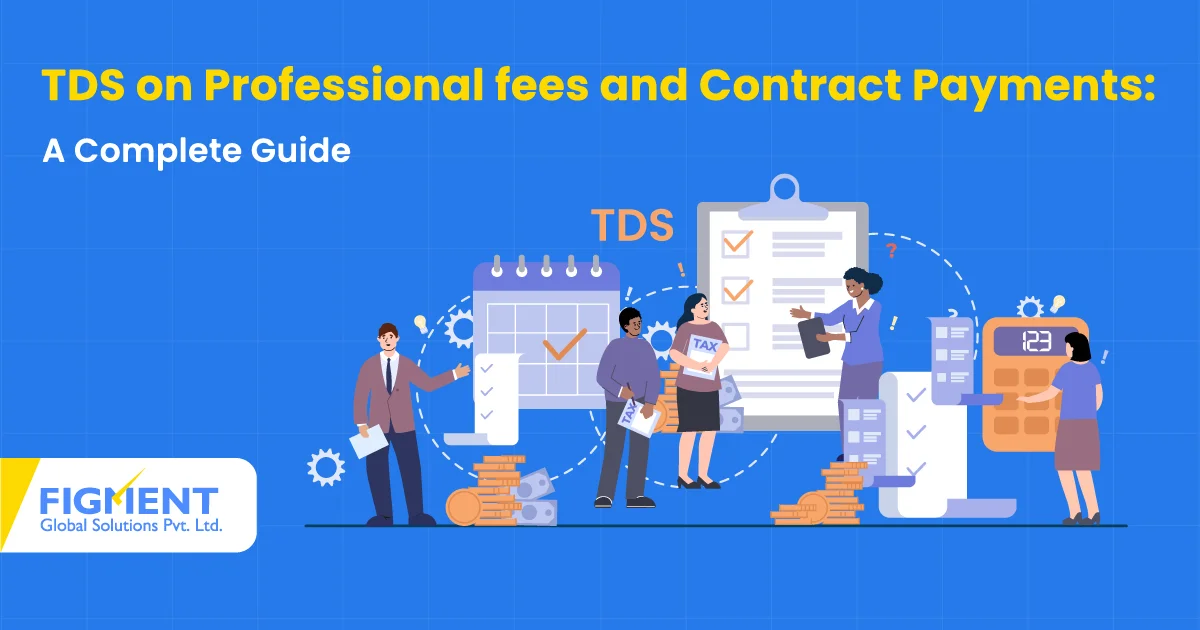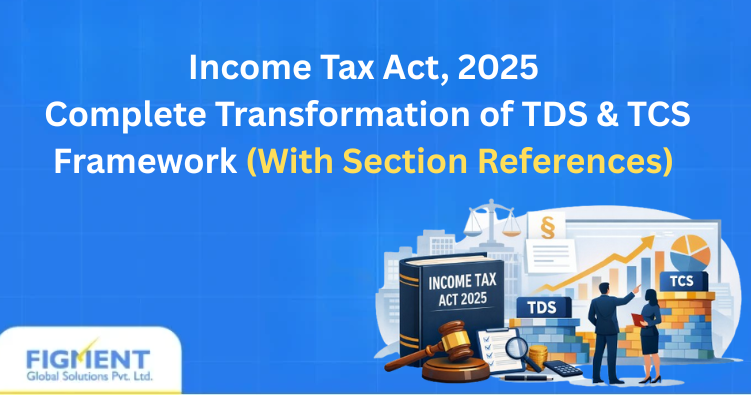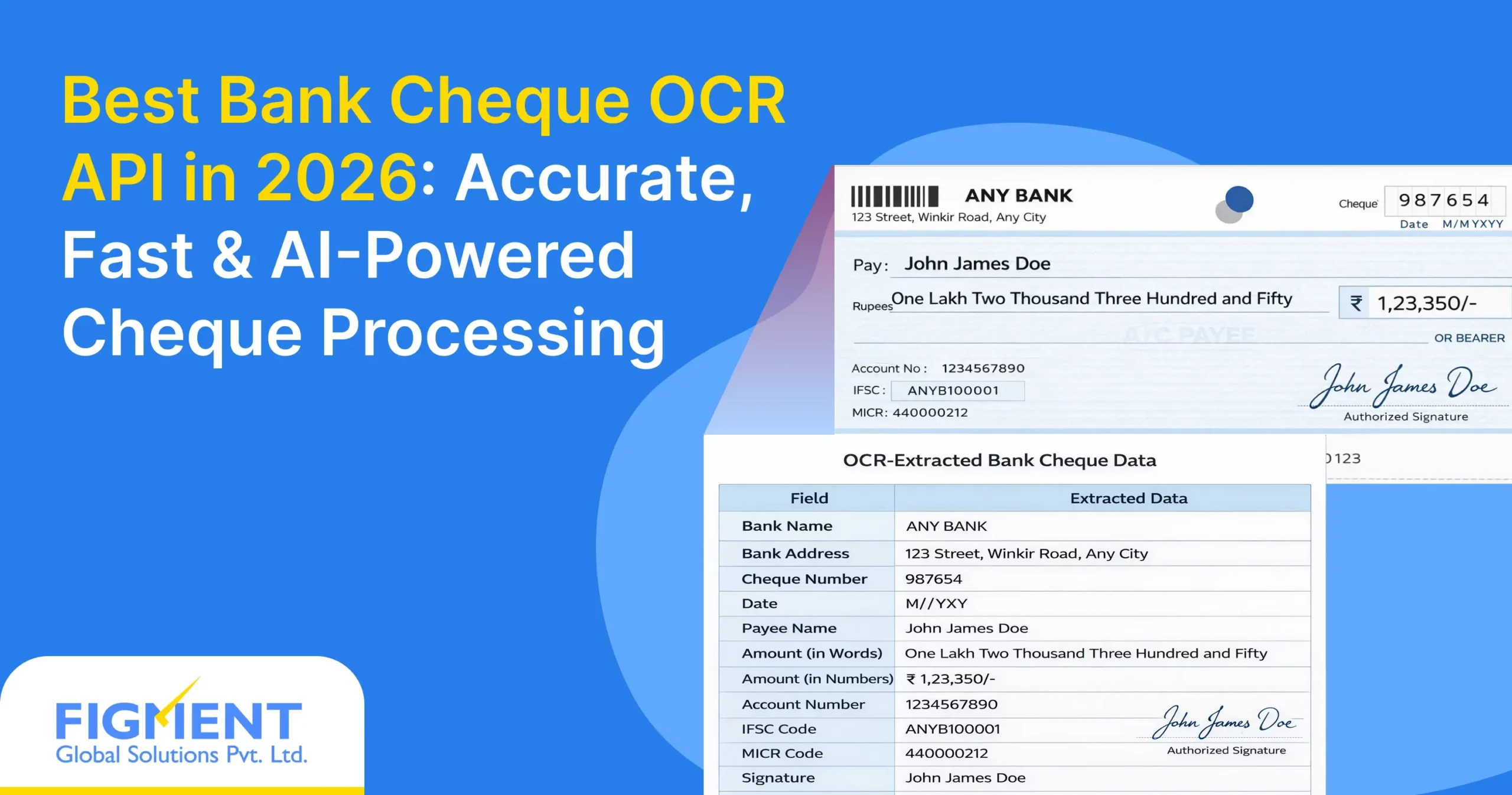Tax Deducted at Source (TDS) is a cornerstone of India’s tax compliance framework. Among its many applications, TDS on professional fees and contract payments—governed primarily by Sections 194J and 194C of the Income Tax Act—plays a crucial role in ensuring transparency and facilitating early tax collection.
Whether you’re a freelancer, contractor, or a business making such payments, understanding your tax deduction at source (TDS) obligations is essential.
Section 194J: TDS on Professional Fees
- Applicability
TDS under Section 194J is applicable when payments are made to resident individuals for:
- Professional services (e.g., legal, medical, engineering, accountancy)
- Technical services (excluding salary)
- Royalty
- Non-compete fees
- Director’s remuneration (excluding salary)
Who Must Deduct TDS?
Any person making such payments, except individuals or HUFs not liable for tax audit, must deduct TDS if the amount exceeds ₹50,000 in a financial year.
- TDS Rates
| Nature of Payment | TDS Rate |
| Professional Services | 10% |
| Technical Services | 2% |
| Royalty & Non-compete Fees | 10% |
| Without PAN | 20% |
- Time of Deduction: At the time of credit or payment, whichever is earlier.
- Section 194C: TDS on Contract Payments
- Applicability
Section 194C applies to payments made to resident contractors or sub-contractors for:
- Carrying out any work
- Supply of labor
- Advertising, catering, broadcasting, or transport (other than railways)
Who Must Deduct TDS?
Any person—including individuals or HUFs subject to tax audit—making such payments.
- TDS Rates
| Type of Contractor | TDS Rate |
| Individual / HUF | 1% |
| Firm / Company | 2% |
| Without PAN | 20% |
- Threshold Limits
- ₹30,000 per contract
- ₹1,00,000 aggregate in a financial year
- Time of Deduction: At the time of credit or payment, whichever is earlier.







